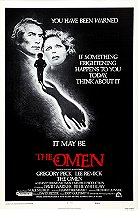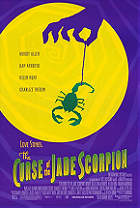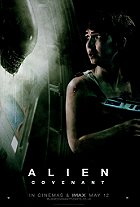Quick – who is this movie actually about? If you answered anyone other than Lillian Hellman, then you clearly weren’t paying attention. It’s frustrating to watch this, yet it’s so well made, impeccably acted, and contains bits of brilliance that you’re kept enthralled throughout. But why are we focusing all of our time with Hellman and not Julia?
The answer is simple, Julia is based on a story in Pentimento, one of Hellman’s, shall we say, embellished pieces of autobiography. We never get an actual sense of Julia as a person, of what defined and forged her choices and ultimate fate. What we get is a character that exists more as an ideal and memory, a ghostly apparition of radical political ideology, personal freedom, and persistent danger.
The central friendship is hardly dealt with, as Julia is an abstraction to Lillian, a point of obsession. For Julia, Lillian is…a courier? There’s an imbalance of attention and detail going on here that undoes much of the dramatic tension and centrality of the narrative. It suffers from forcing us into Hellman’s perspective. We spend far more time watching her struggle to write plays, gain success and affluence, and spar with her longtime companion, Dashiell Hammett (a subtle and knockout turn from Jason Robards).
Yet Vanessa Redgrave’s performance as Julia is hypnotic and ensnaring. She manages to play a character that’s borderline impossible with enough life, vitality, and strength that it’s impossible to not understand Lillian’s obsession with her. A reunion scene between the two women is a marvel of Redgrave and Jane Fonda’s tremendous talents on full display. Fonda must play the entire scene with a calm exterior as confusion and anxiety threaten to poke through the surface, while Redgrave holds an intense stare and keeps still. Her eyes look tired and doomed. She knows that this is one final desperate attempt at saving herself that may not work. Redgrave constantly reassures Fonda with quietly given instructions.
It is in this scene that we realize just how much the rest of the film is missing. More scenes with Fonda and Redgrave where they’ll allowed to create a believable chemistry as longtime friends, more moments where the two actresses can go toe-to-toe and bring out surprising choices with each other. But this sounds like a discredit to what Fonda is doing with her role as Lillian Hellman. She’s dynamite, and if this was a straight portrait of the writer, a woman who smoke, drank, and spat angry words out on her typewriter with equal amounts of passion and commitment, that would be one thing. But this is ostensibly about Julia, and Julia is a mere enigma.
There’s so many good things going on that Julia begins to feel overstuffed and splitting at the seams. There’s at least two or three different movies operating at any given time, and any one of them would be worth following to the end. What we get is several different films vying for our attention and muting each other out. Still, this is the peak years for Fonda, and she’s enough of a reason for watching this. Robards and Redgrave are another two, and despite its shapelessness, Julia is an engrossing piece of work.
 Login
Login
 Home
Home 95 Lists
95 Lists 1531 Reviews
1531 Reviews Collections
Collections
 0 comments,
0 comments, 







